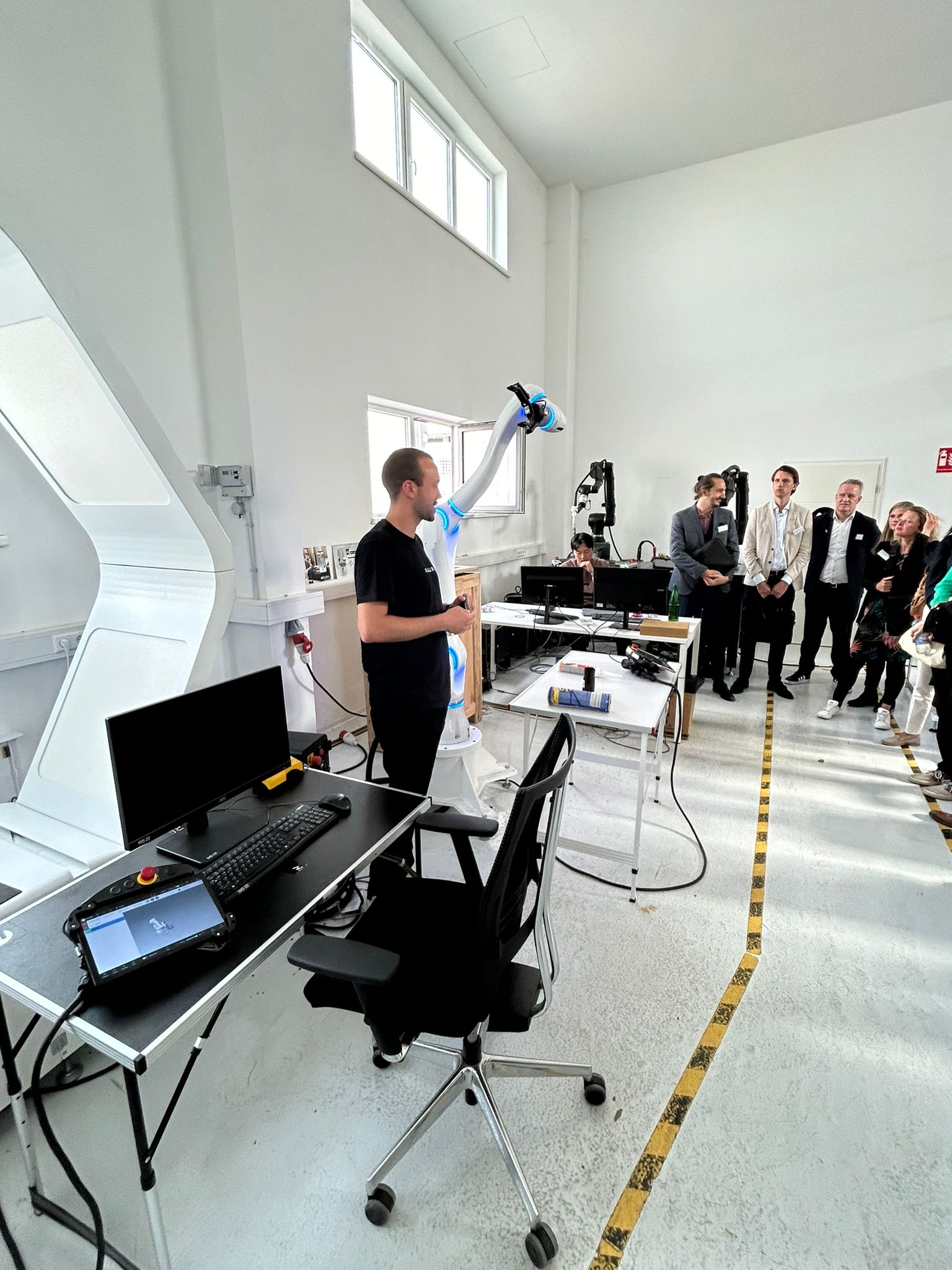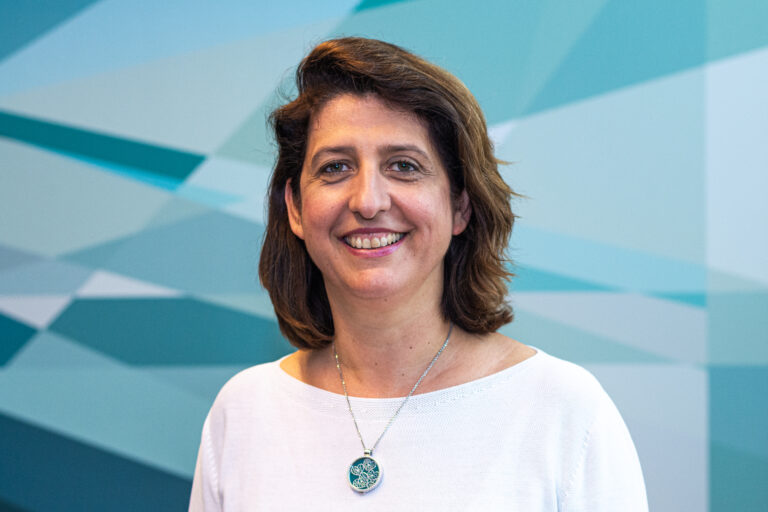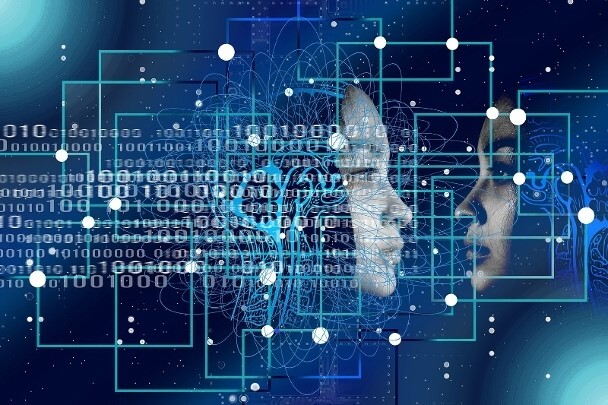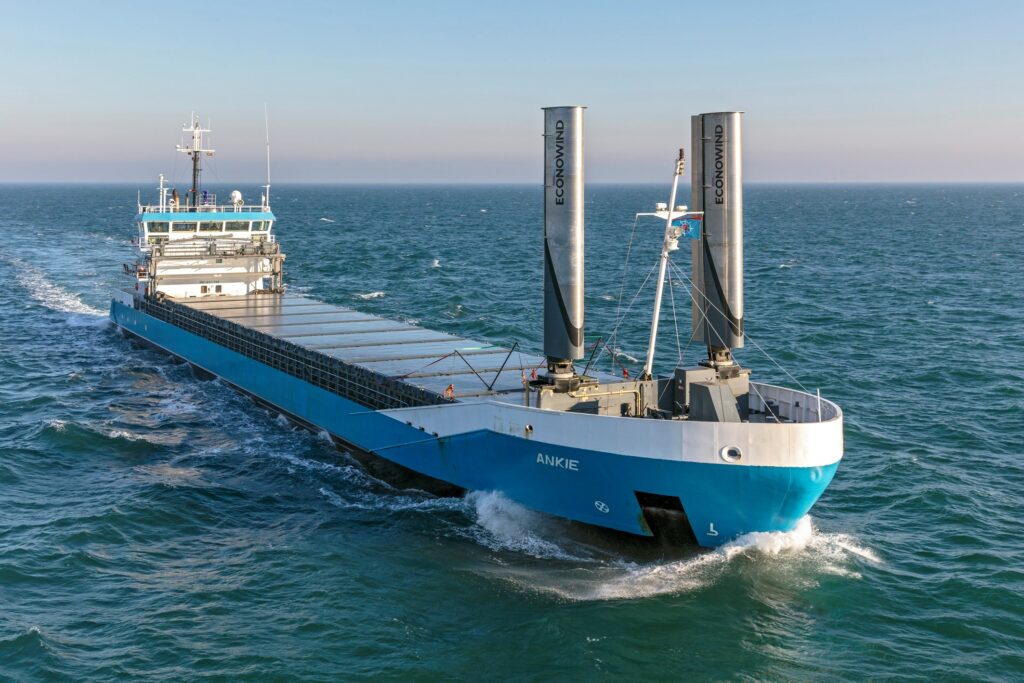The focus of our research is on decentralized management of multi-energy energy systems (electricity, heat, hydrogen, etc.) using a model predictive control system. By doing so in a decentralized fashion, the control systems are able to optimize local energy usage towards autarky and thereby reducing the stress on the energy distribution networks.
Use of Artificial Intelligence
DEMKit provices a cyber-physical systems oriented framework in which abstract device models and optimization algorithms are provided to support innovative smart and sustainable energy solutions. Simultaneously, DEMKit also provides a platform in which these solutions can be tested through extensive simulations, hardware-in-the-loop simulations, and eventually real world deployment in demonstration projects. To acomplish this, DEMKit has a strong focus on system integration for multi-energy systems. DEMKit is written in Python to speed-up the prototyping process and allow researchers with various backgrounds to join our efforts in developing energy management systems of the future.
What challenge does it solve?
Core to the architecture of DEMKit is the modular and cyber-physical systems design paradigm. All system components are modelled individually, whether they represent devices, infrastructure or pieces of code. These components interact and influence each other through predefined interfaces for the different classes. Furthermore, abstraction is used to provide elementary components that form a solid base to model new energy systems and their acompanying control and optimization strategies. E.g. a buffer model can be used as battery, heat store or hydrogen tank, whilst the same controller can be used through the use of abstract interfaces. The abstract device models allow us to create and optimize the control of energy systems with, amongst others, the followin devices:
- Static loads that are not controllable
- Generators that can be curtialed (e.g. PV panels)
- Batteries and heat buffers to store energy
- Electric or hydrogen vehicles with storage
- Smart washing machines and dishwashers
- Energy converters, such as a heat pump
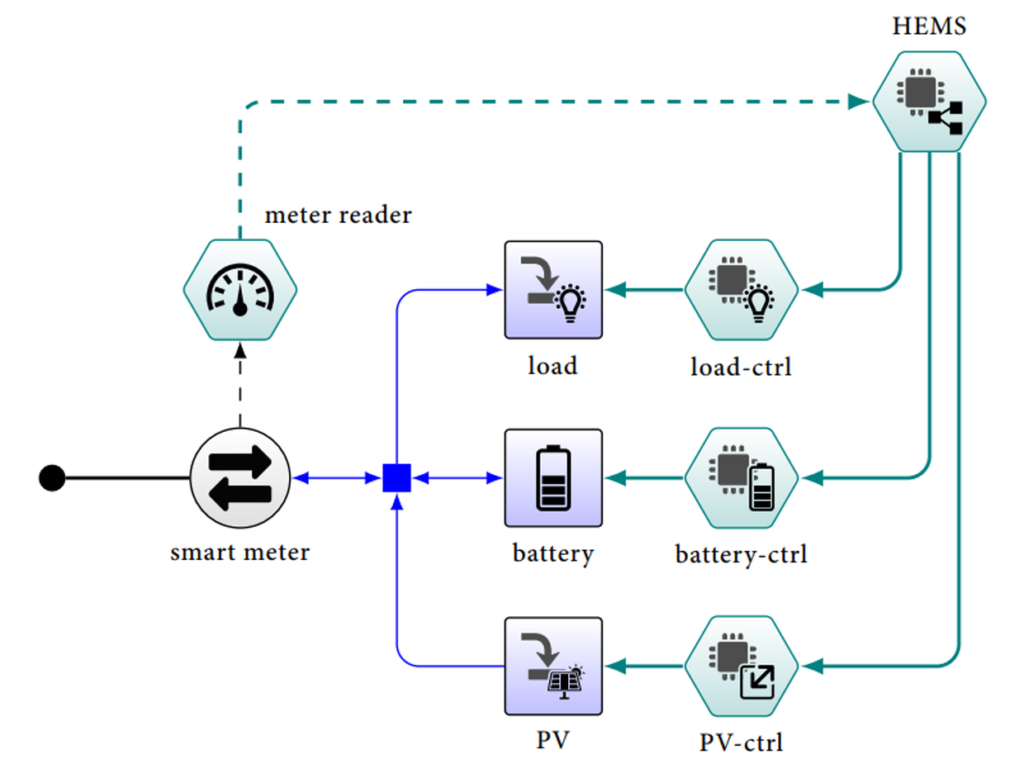
More information
For further information, contacts, or more projects of this kind, please refer to the Energy and Sustainability Working Group. For this, visit:
- The Community Platform (for participants)
- Or the website page (for non-participants)
